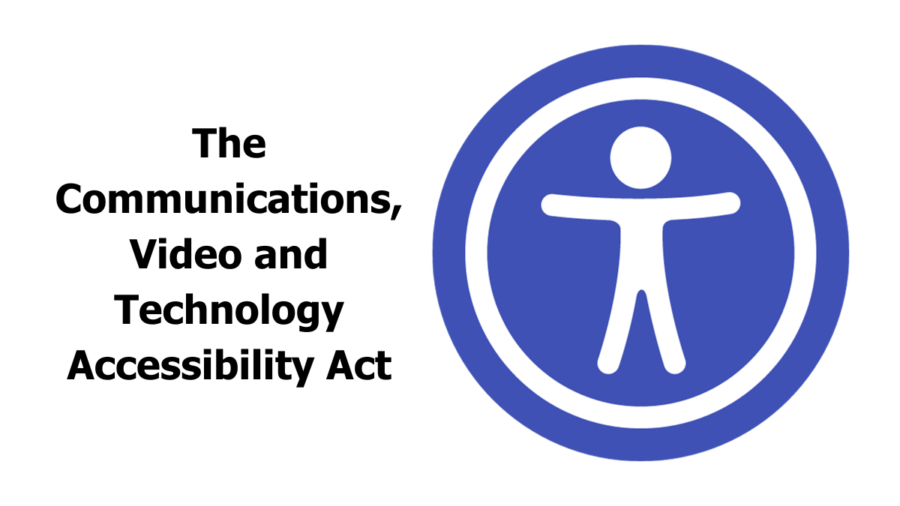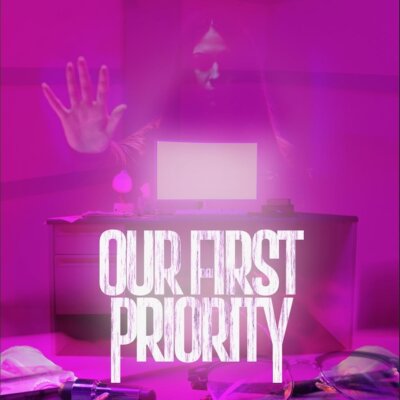 The short horror film Our First Priority tackles the important concept of medical gaslighting, which is not talked about as often as it should. Writer/Director Ariel Baska utilizes music, light, and color to give the topic the horror treatment.
The short horror film Our First Priority tackles the important concept of medical gaslighting, which is not talked about as often as it should. Writer/Director Ariel Baska utilizes music, light, and color to give the topic the horror treatment.
Opening with music evoking a horror film, the tone quickly shifts to viewers seeing a young girl named Hannah in the hospital for a checkup. The sudden lack of background music is jarring, highlighting the importance of the interaction. The nurse makes it clear that Hannah is there by herself, but the viewer sees an older version of Hannah lurking, watching the entire interaction, inserting her thoughts.
Our First Priority takes viewers into Hannah’s mind – showing how the fluorescent lights distort her vision and hearing, all the while hearing older Hannah saying she should be worried. When Hannah reads her long list of symptoms – that are recurring – the doctor ignores her, instead playing with a flashlight. The flashing of the light underscores the doctor choosing to ignore the patient. [continue reading…]


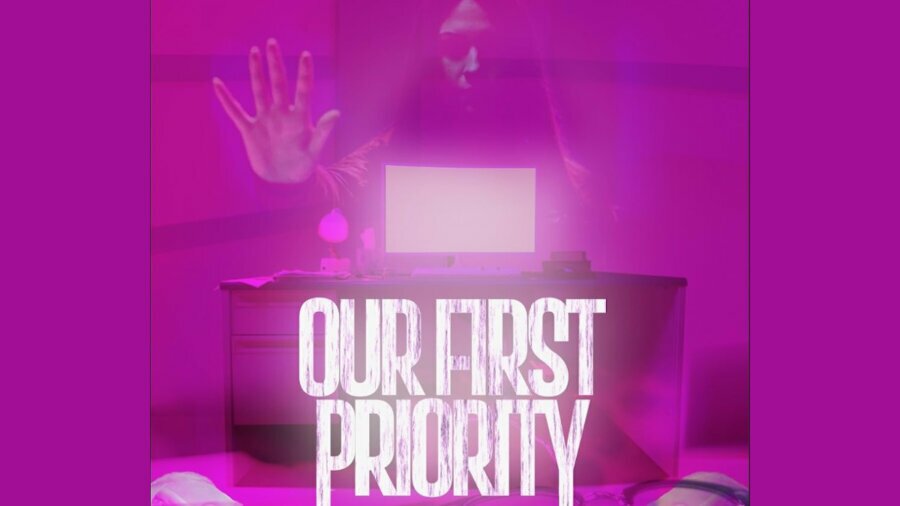
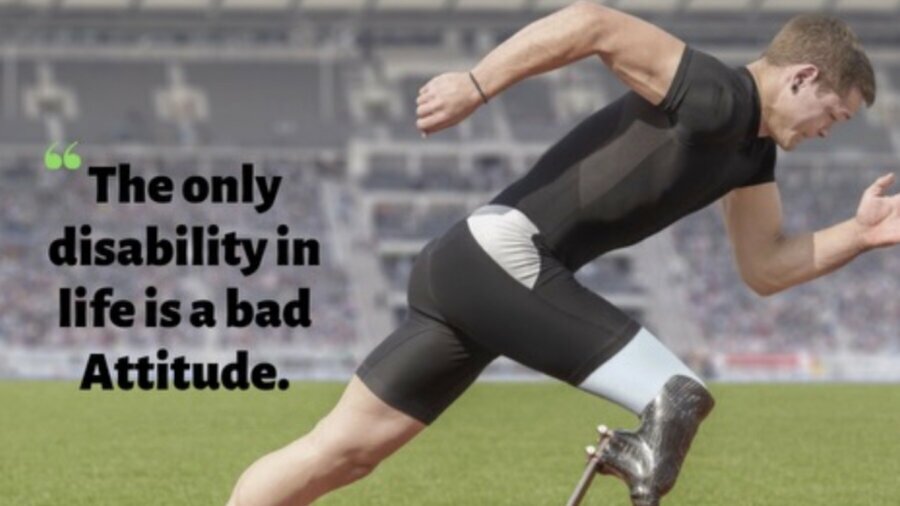
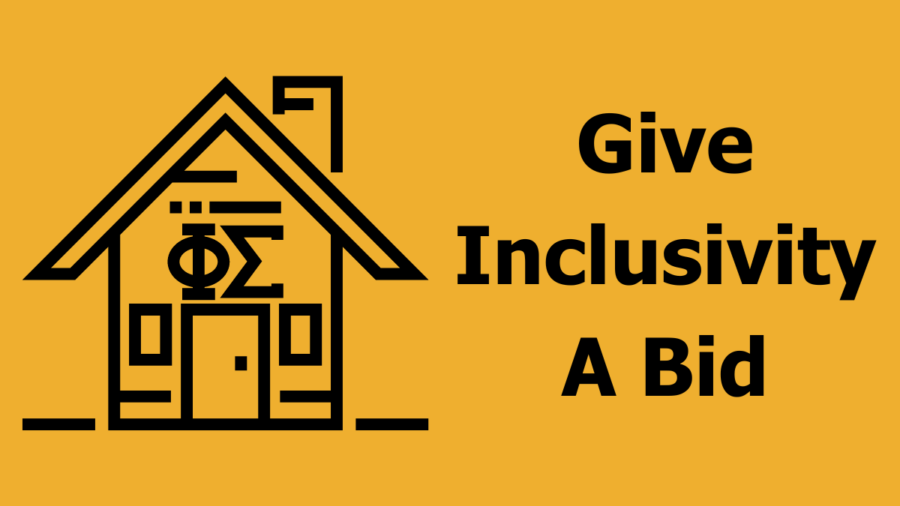
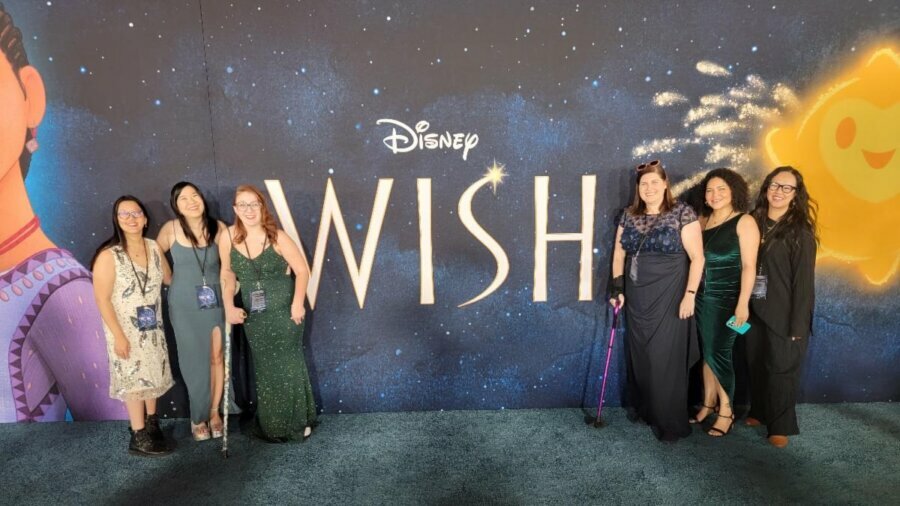
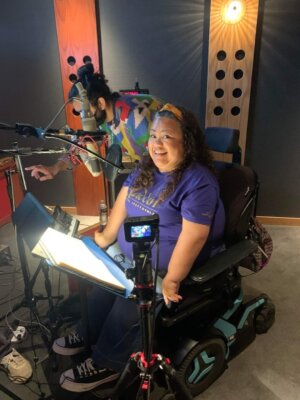
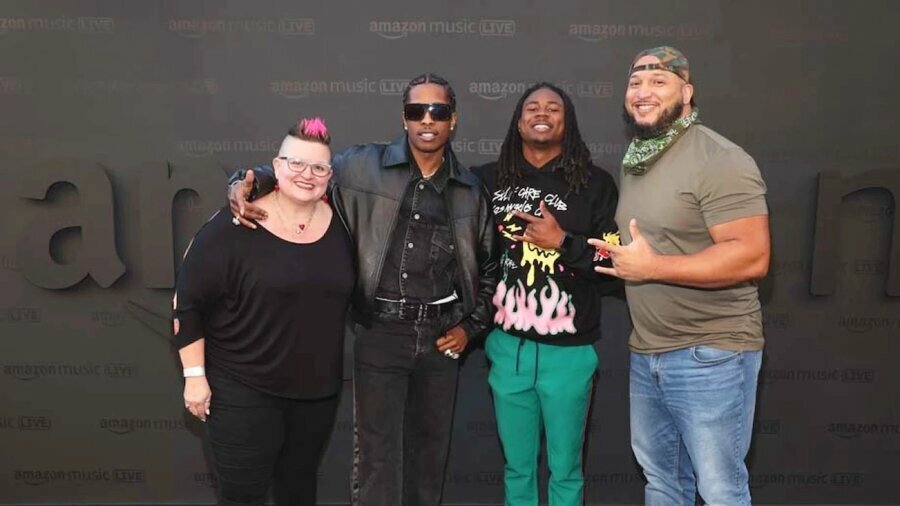
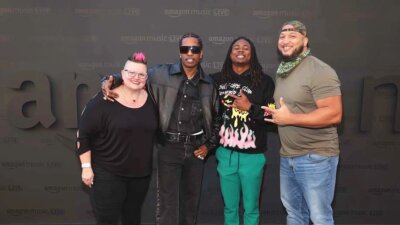 Star ASL interpreters dazzle again in the second season of Amazon Music Live (AML), a weekly concert series hosted by award-winning rapper 2 Chainz and broadcast live from Los Angeles on Prime Video after Thursday Night Football (9:00 p.m. PT | 12:00 a.m. ET). Artists like Kane Brown, Ed Sheeran, and Asap Rocky have graced the AML stage alongside specially selected Amber G Productions interpreters and performers including Justina Miles, Martise Colston, and Matthew Maxey.
Star ASL interpreters dazzle again in the second season of Amazon Music Live (AML), a weekly concert series hosted by award-winning rapper 2 Chainz and broadcast live from Los Angeles on Prime Video after Thursday Night Football (9:00 p.m. PT | 12:00 a.m. ET). Artists like Kane Brown, Ed Sheeran, and Asap Rocky have graced the AML stage alongside specially selected Amber G Productions interpreters and performers including Justina Miles, Martise Colston, and Matthew Maxey.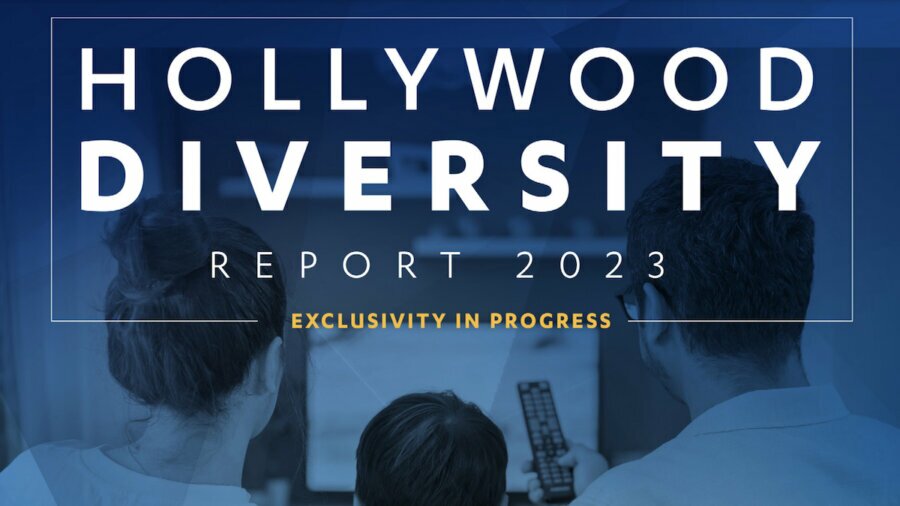
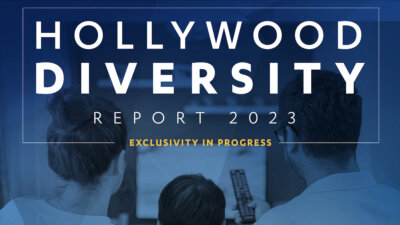
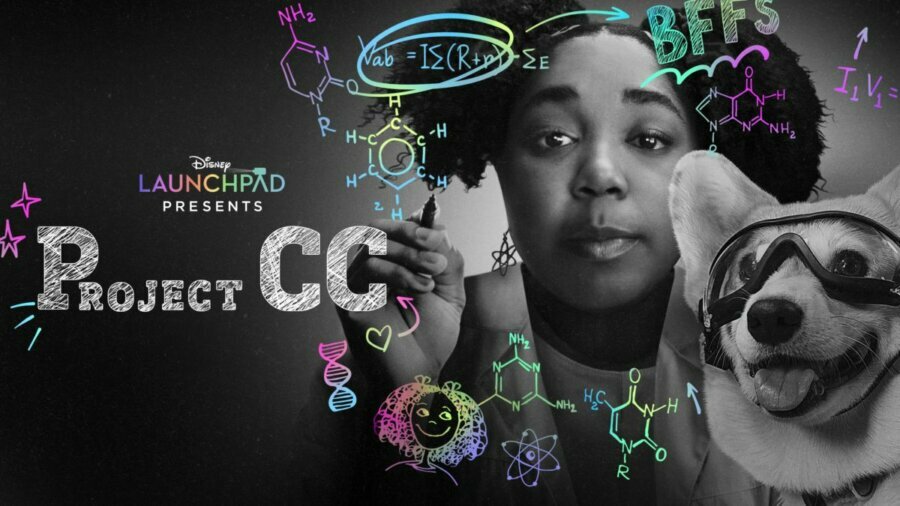
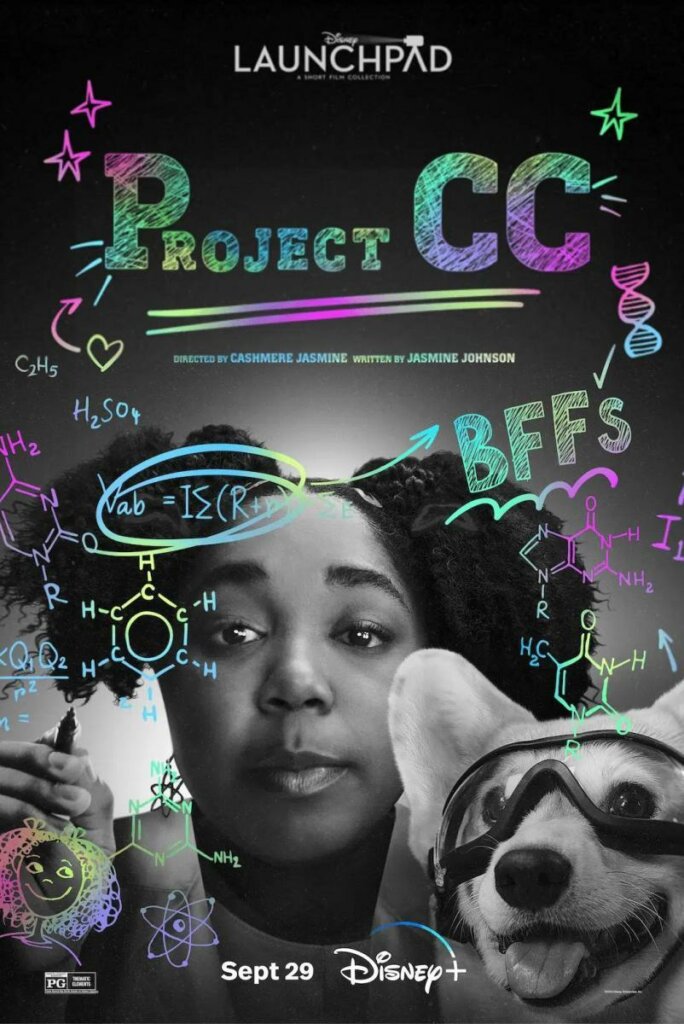 In a Western society that often shies away from death, Project CC’s creative and bright exploration of grief and impermanence is refreshing. Directed by RespectAbility Entertainment Lab alumna Cashmere Jasmine, this Disney Launchpad short film tells the story of a 12-year-old science genius, Paris, who attempts to clone her best friend CC. Paris does so in fear of rejection from the other kids for her brains and her bigger body.
In a Western society that often shies away from death, Project CC’s creative and bright exploration of grief and impermanence is refreshing. Directed by RespectAbility Entertainment Lab alumna Cashmere Jasmine, this Disney Launchpad short film tells the story of a 12-year-old science genius, Paris, who attempts to clone her best friend CC. Paris does so in fear of rejection from the other kids for her brains and her bigger body.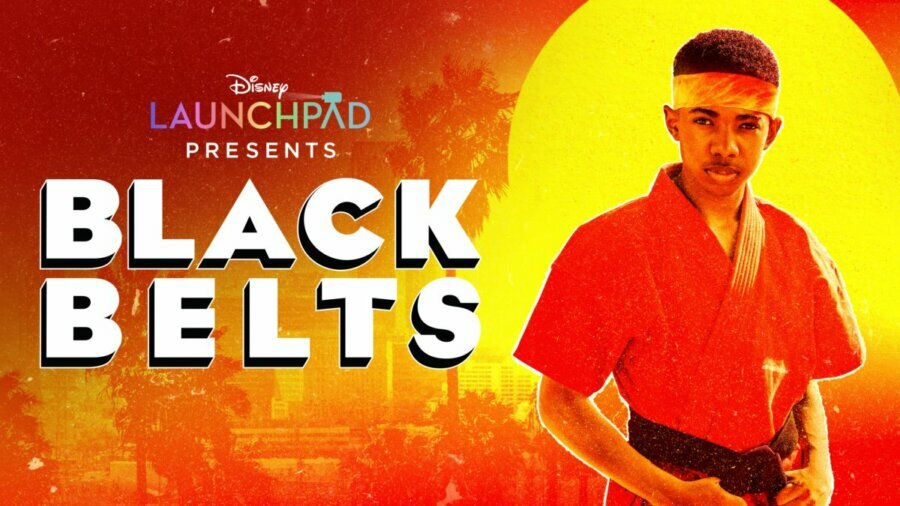
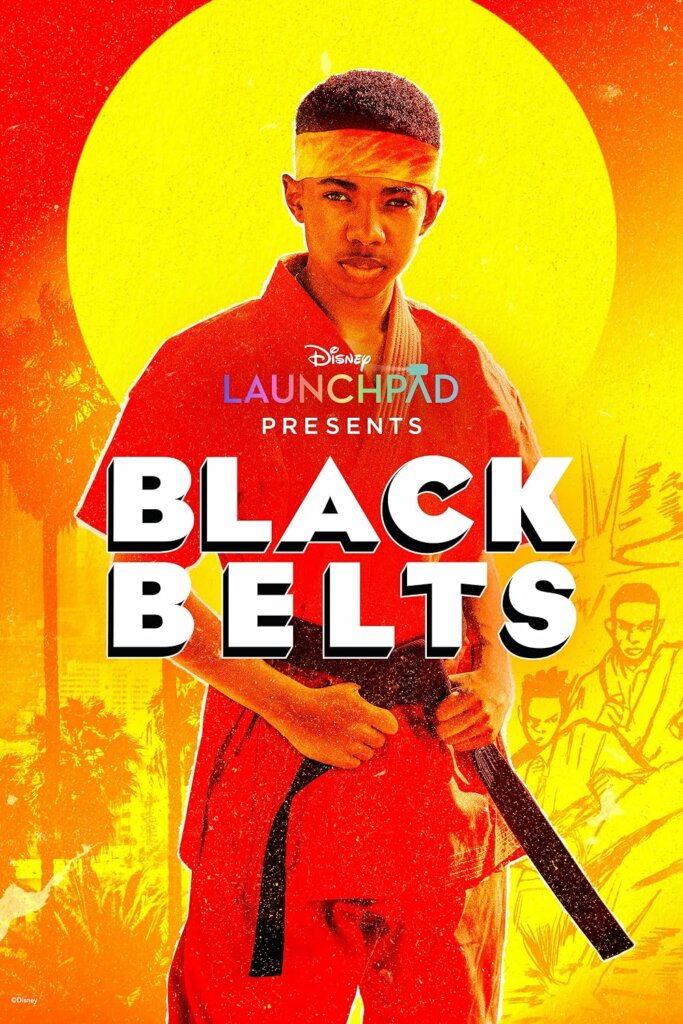 Don’t question yourself when you feel the need to fully realize your ninja skills and join a secret neighborhood fight club. It’s the thing to do now-a-days, especially after watching Disney’s Launchpad BLACK BELTS, a short about a Compton teenager quietly pursuing his father’s footsteps by learning how to use a secret and powerful form of street fighting.
Don’t question yourself when you feel the need to fully realize your ninja skills and join a secret neighborhood fight club. It’s the thing to do now-a-days, especially after watching Disney’s Launchpad BLACK BELTS, a short about a Compton teenager quietly pursuing his father’s footsteps by learning how to use a secret and powerful form of street fighting.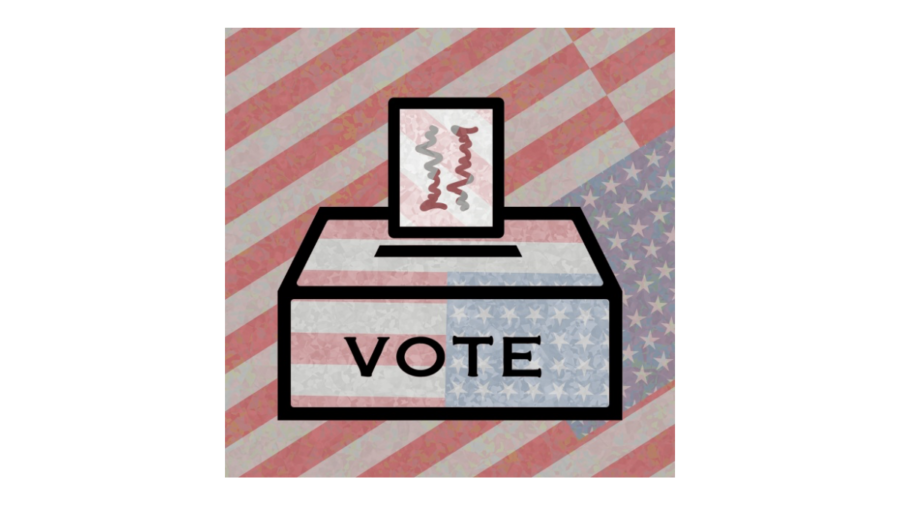
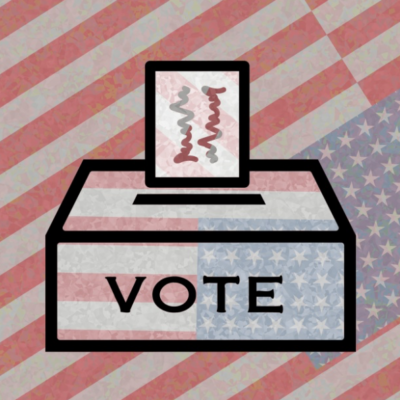 Voting is an essential right of American citizenship that people with disabilities are too often prevented from exercising. Current voting barriers include transportation to polling sites, inaccessible buildings, cumbersome registration processes, lack of election worker training on the accessibility features of voting machines, and lack of voter privacy.
Voting is an essential right of American citizenship that people with disabilities are too often prevented from exercising. Current voting barriers include transportation to polling sites, inaccessible buildings, cumbersome registration processes, lack of election worker training on the accessibility features of voting machines, and lack of voter privacy.